In the evening of April 1 my wife took a candle from the cupboard, placed it on the coffee table beside a picture of my father and lit it. In the photo he is young, maybe in his twenties. He is leaning sideways, his body bent to counteract the weight of the keg of beer that he has aloft his shoulder, one arm wrapped around it to hold it in place. “It’s a year this month,” my wife says. “He’ll see the candle and know we are thinking of him.”
I remembered a Mexican friend doing something similar many years ago. While I was visiting his place in the West End of Brisbane he received news that his aunty had passed away back in Mexico. He produced a candle and lit it, “to light her way” he told me, as she made her journey to wherever it is we go.
When my father was moved into palliative care the nurse handed us an information sheet that detailed what we should expect as the end of his life neared. Among nuggets of good advice like “limit the use of alcohol, tranquilizers and other mood altering drugs” and “put off making major decisions such as moving house” one bit of wisdom has stuck with me: “Time does not heal – it just moves on and it is often easier if you can just go with it.” It was confronting to read that. Surely, time was the great healer?
Six days after the funeral I boarded a plane to Italy. The trip had been planned in advance and I justified going by telling myself it is what dad would have wanted, for me to live my life. He wouldn’t have wanted me to be sitting around crying over a situation I could no longer do anything about. There was a pang of guilt when, on the drive to the hotel, one of the first billboards my limited Italian enabled me to decipher was promoting “the cheapest funerals in Rome.” But I didn’t worry, already days had passed since dad had died. Soon there would be weeks and then months and then eventually whatever was hurting would heal. That was the power of time.
Over centuries, human cultures have developed intricate rituals around death and mourning. Mourning periods can extend to years, and govern what dress is worn, what sites are visited and what foods are eaten. In Australia, in these modern times, if a loved one dies you are entitled to take compassionate leave from your place of work. The standard amount of time is two days. Somehow that doesn’t seem to be quite enough, it doesn’t even seem compassionate. Why the hurry?
Death has become something to be shunned, to be turned away from, something out of our control in an age when we crave control. In A Death in the Family, Norwegian author Karl Ove Knausgaard, writes that though we are happy to see body counts pile up in fiction or in movies, when it comes to real life, we choose to look away from death, to turn our backs on the dead as if this very natural part of life is something we cannot, or choose not to, deal with.
And that is exactly what I did with my escape to Italy. The fictitiousness of my reasoning came crashing down when I arrived back in Australia three months later. I had told myself I was healing in those three months. But I was obfuscating. I had temporarily evaded grief by believing that nothing had changed, my father would be waiting for me back home, life was going on just as it always had.
But grief bubbled within me and would break the surface at unpredictable times; the sight of a corned beef sandwich, a birthday card with just the one parental signature, Marty Robbins on the radio. There were moments when my father’s absence was as real as if he were standing before me: the worn and scuffed carpet at the base of his favourite chair, the wheelbarrow that he had built himself sitting unused behind the shed with a busted wheel that only he could fix. The grief felt as real and as immediate as the day his heart stopped beating.
But this time I didn’t run. Instead, I mourned, not passively waiting for time to pass but actively, thinking, contemplating, confronting.
I mourned the relationship I had wanted with him but never had and would now never be.
I mourned because he once was and now he wasn’t.
I sat with my grief. Stared at it, felt it, lived it. I worried it in the way a tongue worries a loose tooth. I came to know it inside out. And at some point, over many months, I came not to fear it, but to recognise it, to accept it. The pain of loss now sits somewhere inside of me, and while there are times when I still stumble upon it, like opening the door to a room I should never go into, mostly it sits quietly. And I can live with that.
Not long ago I was reading a book by my friend Peter Coleman, Weekends with Matt. In it he writes, “Unexpressed emotions will never die. They are buried alive and will come forth later in uglier ways.” They were the right words for me at the right time and provided an answer to something I had been thinking about for a while.
Time has healed nothing, but I am grateful for the time I have had to dedicate to my grief. I was lucky. Others are not so fortunate. All they have is two days of compassionate leave to mourn their loved ones. I also know that while some may wish for more time, others are grateful for the distraction of work, happy to keep their minds off things. But for those people, those that don’t get to, or choose not to, spend time with their grief, I wonder where does all that grief go? I think Coleman’s quote provides an answer. It always finds a way out.
Mourning rituals from across the world’s cultures have survived for hundreds and sometimes thousands of years. There is a reason for that. They are useful. Whether it be wearing black for a year or returning annually to a gravesite with food or candles, these rituals force the mourner to confront death, to sit with it, to know it. They are rituals which allow us to release emotions. We mourn not to remember the dead but to heal the living.
When I recall those days immediately after my father’s death, I was right to think that dad would have wanted what was best for me. But that wasn’t running away from his death. What was best for me was dealing with it, confronting it, because that was the only way to learn to live with it.
So I light the candle for dad, but I also light it for me. It lights the way for both of us.
As always, thanks for reading. RB




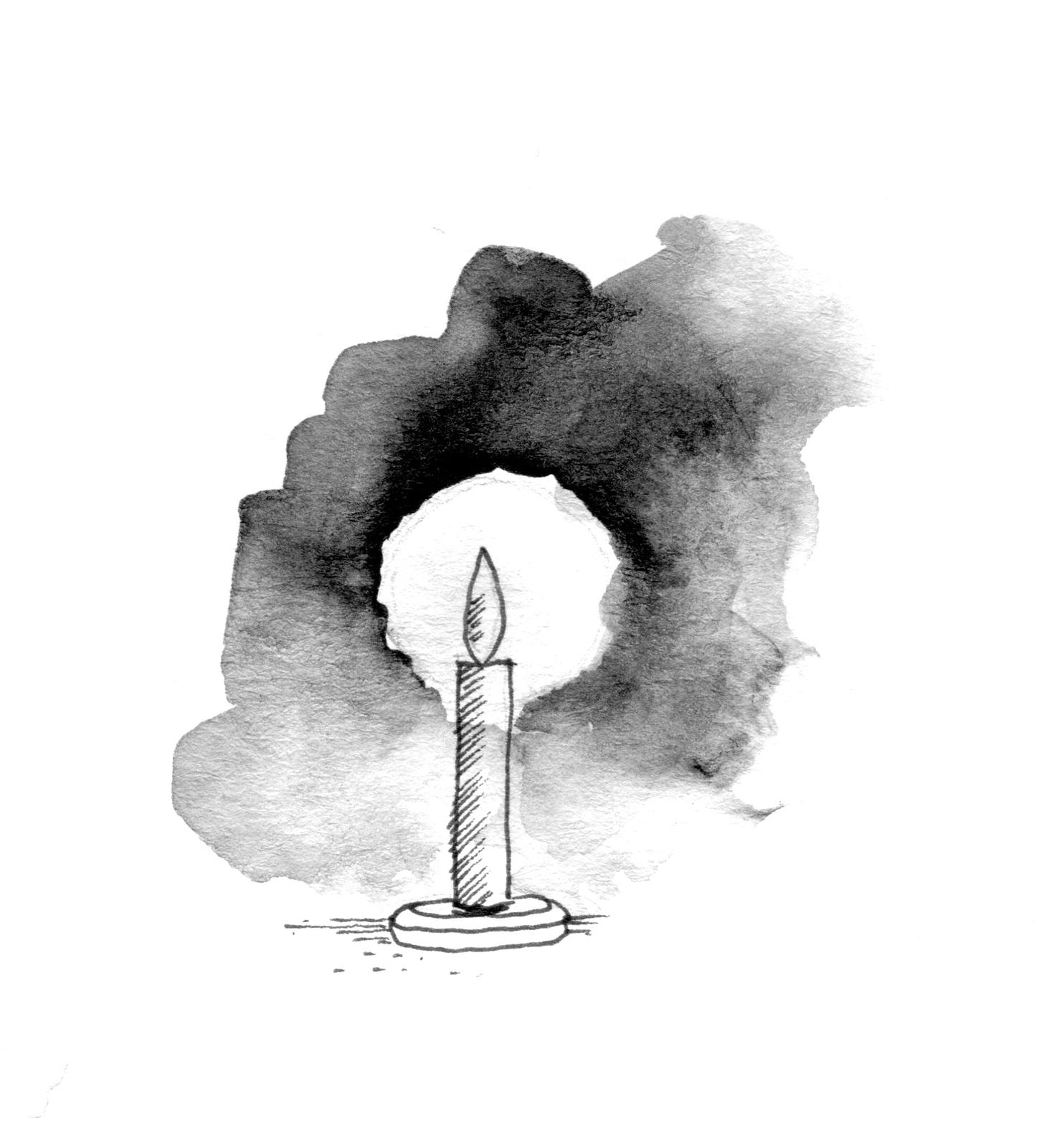


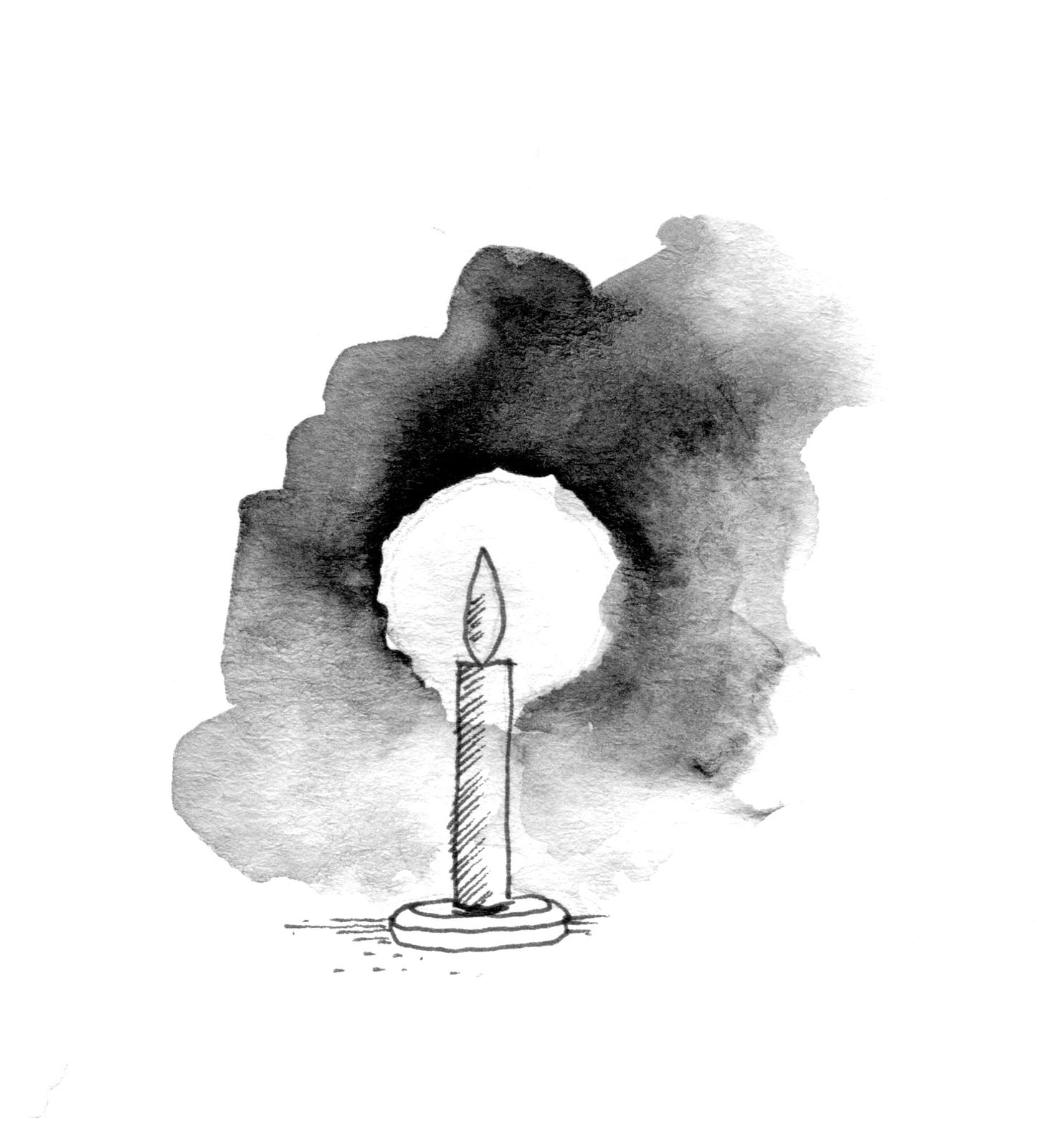
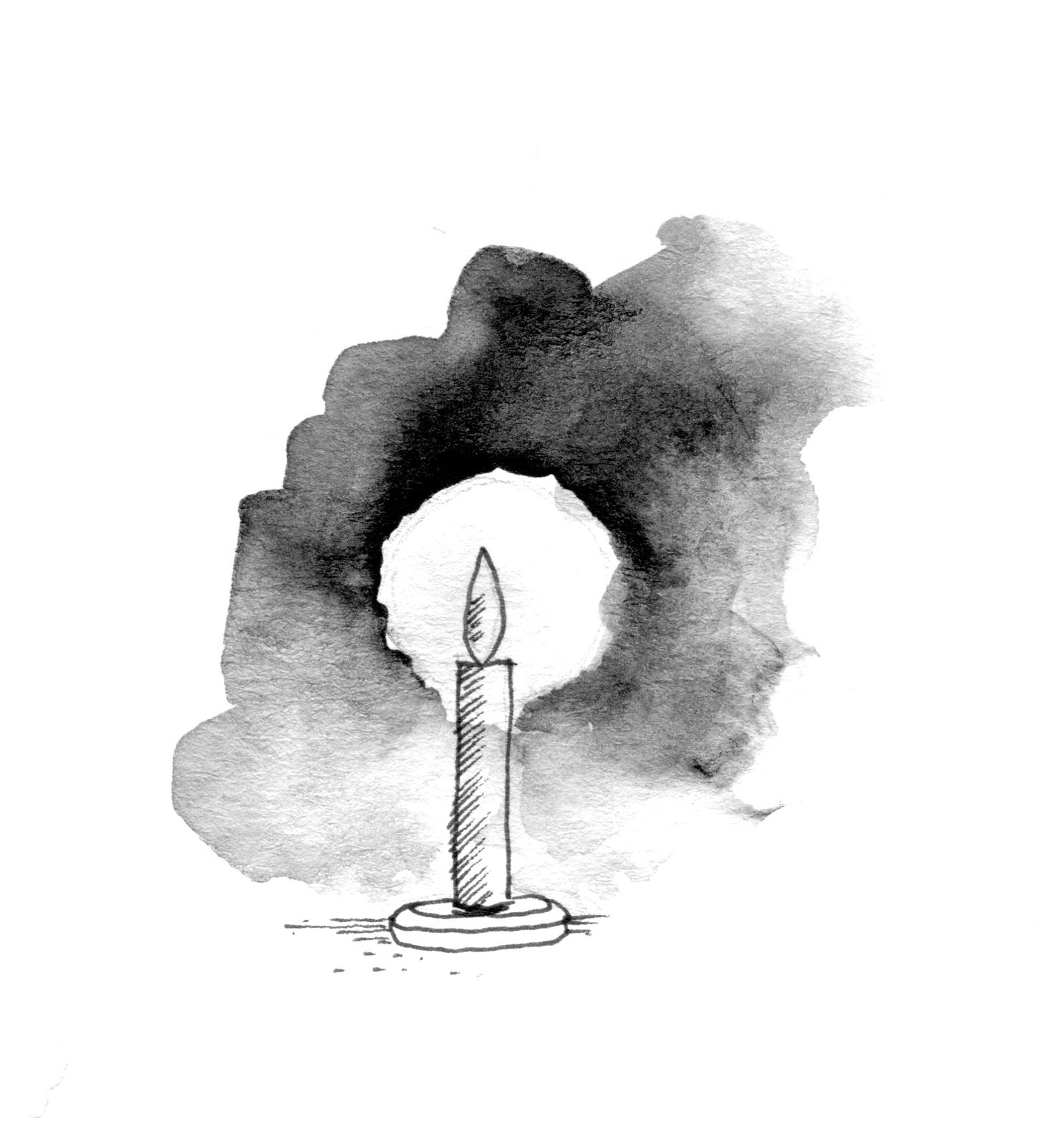




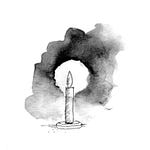

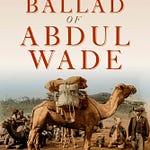
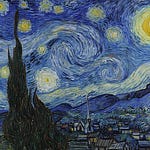
Share this post